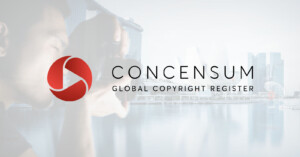
Global Blockchain Copyright Register Copytrack Concensum is Dead
Copyright Concensum, a blockchain-based global copyright registration service that advertised itself almost exclusively to photographers, appears to be completely dead.

Copyright Concensum, a blockchain-based global copyright registration service that advertised itself almost exclusively to photographers, appears to be completely dead.
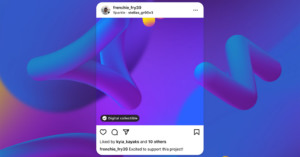
Instagram has started testing NFTs and the company today has shared what that will look like. The feature will connect to a digital wallet, allow users to share digital collectibles, and automatically tag the creator and collector.
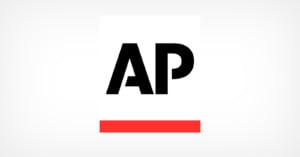
After significant backlash, the Associated Press pulled plans to offer a video of a boat overcrowded with migrants as an NFT. The situation has called into question the ethics of selling photojournalism at all.
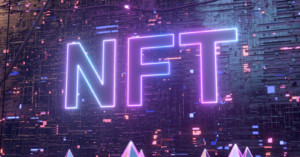
A new report alleges that the NFT marketplace has a "wash trading" problem. That is, people who buy their own NFTs in order to drive up their prices that a real buyer would mistakenly believe is a history of increasing value.
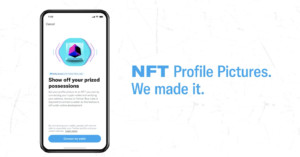
Widespread adoption of NFTs only continues to grow as Twitter has announced that Twitter Blue subscribers can now link their crypto wallets to the social media platform and display NFTs as specially marked profile pictures.

In this one-hour-long documentary from Adorama, Sal D'Alia covers the crypto movement with a series of interviews and information breakdowns to help educate viewers on the growing world of crypto-art.
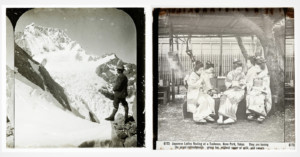
Advertised as a world's first, an Australian auction house has announced the sale of "Australia's most significant photographic collection," which will be accompanied by NFTs that will provide proof of ownership alongside the physical negatives.

The NFT craze from earlier this year isn’t going away -- but perhaps has become even more mainstream in the last three months. It’s hard to name a celebrity, artist, or athlete who hasn’t cashed in on the explosive popularity of NFTs.
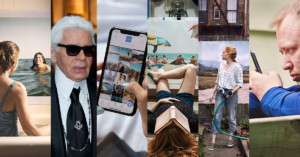
Every Sunday, we bring together a collection of easy-reading articles from analytical to how-to to photo-features in no particular order that did not make our regular daily coverage. Enjoy!
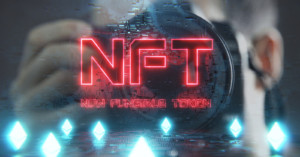
Seemingly overnight, NFTs became the hottest acronym on social media and in headlines. On Thursday, a single JPG file created by Mike Winkelmann, also known as Beeple, sold in an online auction for $69.3 million. It was the first digital-only art sale for auction house Christie’s, meaning there was no physical copy involved.
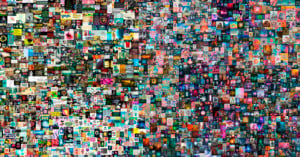
A collection of images by digital artist Beeple called "The First 5000 Days" is currently up for auction. It is the first fully-digital set of art pieces protected with a unique non-fungible token (NFT) that guarantees its authenticity and is currently bidding for $3 million.
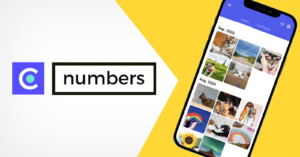
Technology startup Numbers Protocol is aiming to stop the spread of misinformation in imagery through its app, Numbers Capture, by creating digital "birth certificates" for images and videos and tracking any changes that are made to them.

The Joint Photographic Experts Group, the committee behind the JPEG image file, recently held its 86th meeting in Sydney, Australia, and among the topics discussed was using artificial intelligence for greater image procession and using blockchain (the technology pioneered by Bitcoin) for a new system of trust.
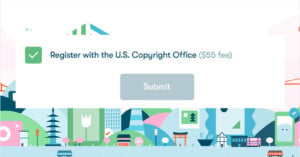
The blockchain-based copyright platform Binded (formerly known as Blockai) just launched a new service that may be a godsend for copyright-conscious photographers: one click U.S. copyright registration that makes the process 10x simpler with no extra fee.

If you’ve heard of Bitcoin, then you’re peripherally familiar with blockchain. Blockchain is a distributed database technology that creates a public ledger of every transaction within the system – perfect for cryptocurrencies that lack a central issuing bank.

A new copyright protection service called Binded just launched this week. It's actually a rebrand of the company formerly known as Blockai, and the purpose remains the same: using the Bitcoin blockchain to protect photographers' copyrights.
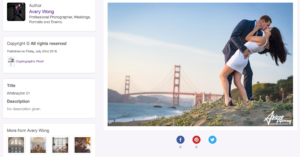
For better or worse, copyright law hasn't changed much in the United States even as technology has made it far easier for people to steal or "appropriate" your work. But a new service called Blockai thinks it can help by using something called the bitcoin blockchain.